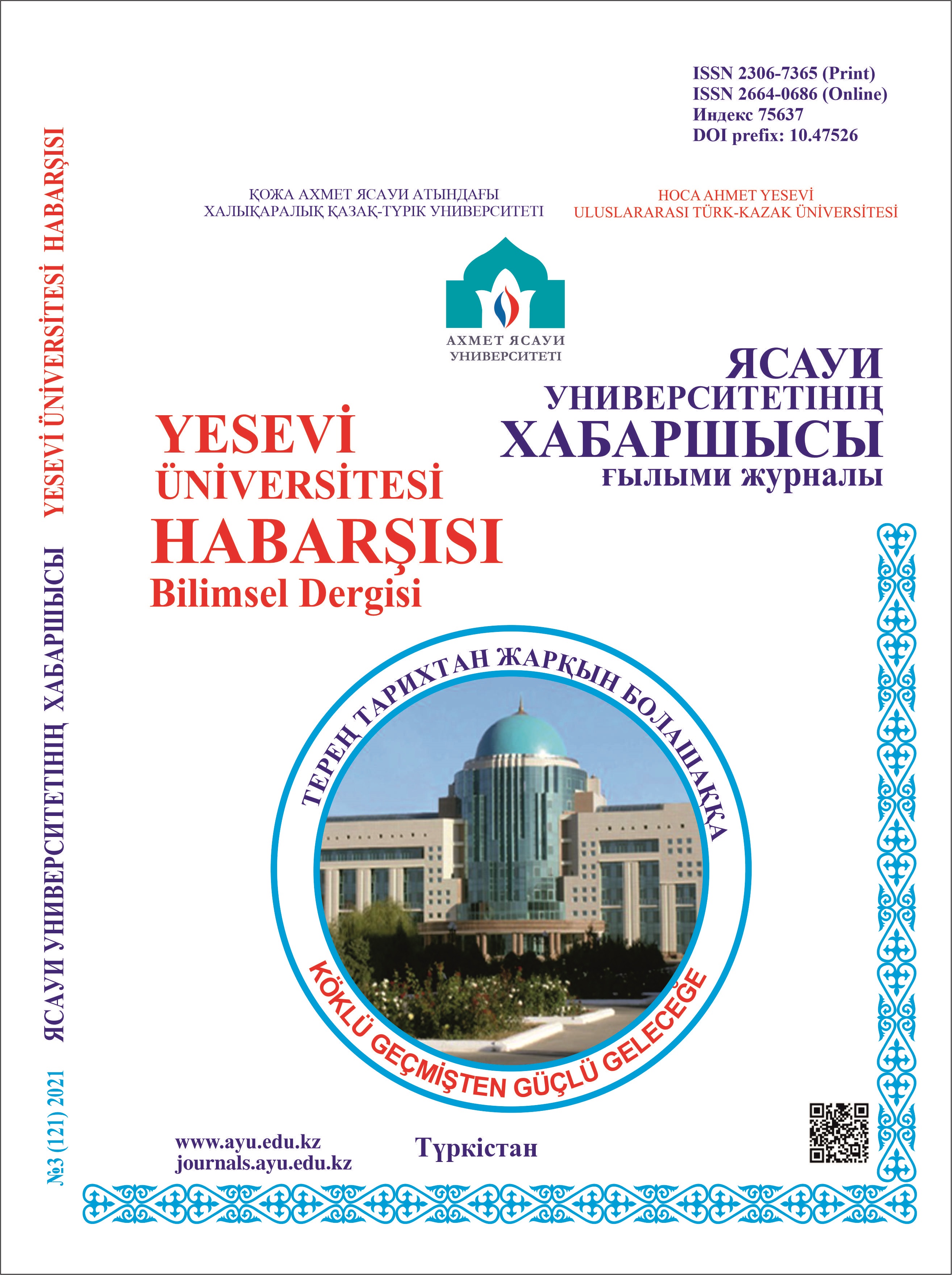Teaching University Students the Act of Speaking Through Adverbs: A Pedagogical Approach
185 144
Keywords:
Adverbs, Speaking Skills, Pedagogy, University Students, Communication, Oral Expression, Language Learning.Abstract
This study explores the teaching of adverbs as a tool for improving the oral communication skills of university students. The research focuses on understanding how adverbs can enhance clarity, emphasis, and fluency in spoken language, ultimately contributing to more effective communication. The study adopts a mixed-methods approach, including qualitative and quantitative analysis of university students' speaking performance before and after targeted interventions focusing on adverb usage. A series of workshops, practical exercises, and feedback sessions were conducted to introduce students to the different types of adverbs (manner, place, time, degree, frequency) and their role in speech. The results reveal a marked improvement in students’ ability to use adverbs purposefully, leading to more nuanced, clear, and engaging speech. The study concludes that adverb-focused pedagogy not only enhances verbal communication but also fosters greater self-awareness in students about how they craft their spoken messages.
The article describes the ways of teaching students adverbs through speech activity by a human teacher, who in modern conditions plays a key role in the education of future specialists, expanding their qualifications and will, enriching national spiritual success.
References
Carter R., McCarthy M. Cambridge grammar of English: A comprehensive guide. – Cambridge: Cambridge University Press, 2006. – 985 p.
Sheldon A. The role of parallel function in the acquisition of relative clauses in English // Journal of verbal learning and verbal behavior. – 1974. – Т. 13. – №3. – P. 272–281.
Halliday F. Rethinking International Relations. – MacMillan, 1994. – 289 p.
McCarthy M., O'Keeffe A. 2. Research in the teaching of speaking // Annual review of applied linguistics. – 2004. – Т. 24. – P. 26–43.
Richards J.C., Rodgers T.S. Approaches and methods in language teaching. – Cambridge: Cambridge university press, 2014. – 409 p.
Nunan D. Teaching English to speakers of other languages: An introduction. – New York: Routledge, 2015. – 210 p.
Ortega F. The cerebral subject and the challenge of neurodiversity // BioSocieties. – 2009. – Т. 4. – №4. – С. 425–445.
Celce-Murcia M., Olshtain E. Discourse-based approaches: A new framework for second language teaching and learning // In: Handbook of research in second language teaching and learning. – New York: Routledge, 2005. – С. 729–741.
Ellis N.C. Frequency effects in language processing: A review with implications for theories of implicit and explicit language acquisition // Studies in second language acquisition. – 2002. – Т. 24. – №2. – P. 143–188.
Quirk Randolf, Sidney Greenbaum, Geoffrey Leech, and Jan Svartvik. A Comprehensive Grammar of the English Language. – London: Longman, 1985. – 1650 p.

